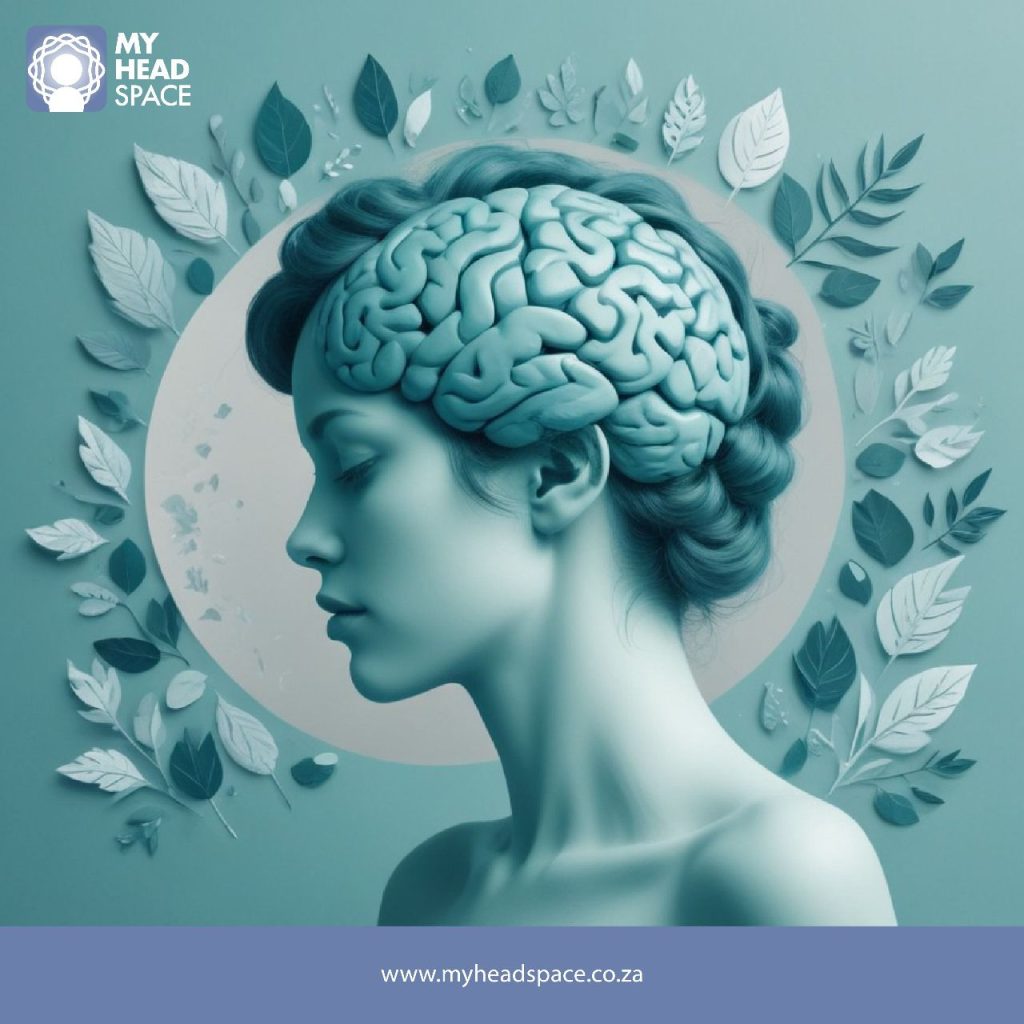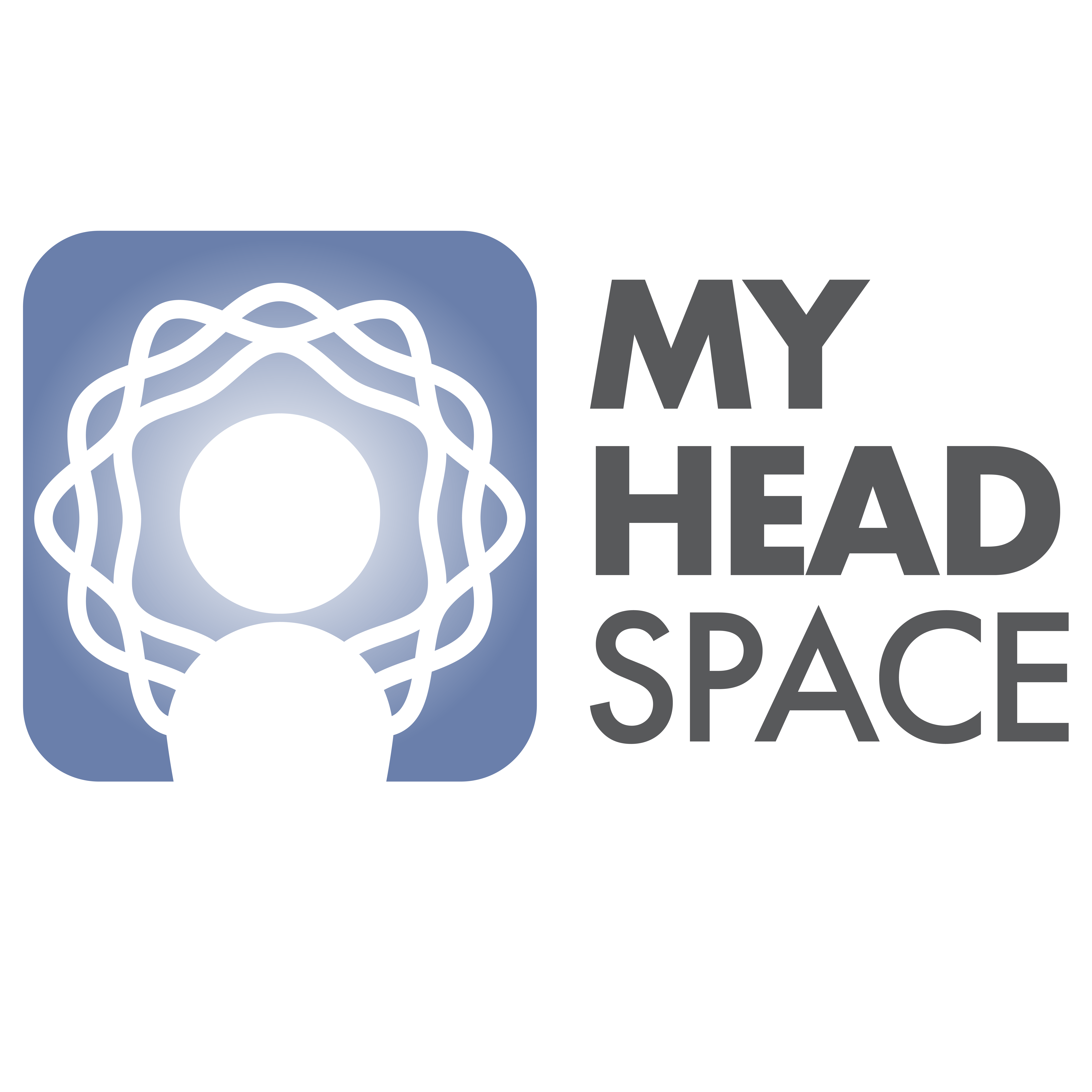
Anxiety Therapy
Anxiety Therapy
Anxiety therapy helps you manage and reduce anxiety symptoms by offering practical tools and techniques. It can improve your emotional regulation, self-awareness, and overall quality of life. Common methods include Cognitive Behavioral Therapy (CBT), mindfulness, and exposure therapy. These approaches challenge negative thoughts, promote relaxation, and desensitize you to triggers. Lifestyle changes like exercise, diet, and sleep also play a role in managing anxiety. Choosing the right therapist is crucial; look for licensed professionals with the expertise that fits your needs. With the right therapy, you’ll likely find it easier to regain control and enhance your well-being. Explore more to empower yourself.
- Anxiety therapy provides tools to understand and manage anxiety symptoms effectively.
- Cognitive Behavioral Therapy (CBT) is widely used to challenge and change negative thought patterns.
- Techniques like mindfulness, relaxation, and exposure therapy can reduce anxiety levels.
- Lifestyle changes, including exercise, diet, and sleep improvements, support anxiety management.
- Finding the right therapist involves researching expertise, licensing, and ensuring a good rapport.
What is Anxiety?
Anxiety is a natural response to stress that can manifest as feelings of worry, nervousness, or fear about various situations. When you face something challenging, like a job interview or a public speaking event, it’s normal to feel anxious. This response can help you stay alert and focused. Yet, if you find yourself feeling anxious frequently, even in situations that shouldn’t cause significant stress, it might be time to consider whether your anxiety is becoming a problem.
You might notice physical symptoms like rapid heartbeat, sweating, or stomachaches when you’re anxious. These symptoms can make it hard to concentrate or go about your daily activities. You could also experience racing thoughts, difficulty sleeping, or a constant sense of dread. It’s important to recognize that anxiety isn’t just ‘in your head’—it can affect your body and mind in real, tangible ways.
Understanding your anxiety is the first step towards managing it. By acknowledging its presence and effects, you can explore coping strategies and seek professional help if needed. Remember, you don’t have to face anxiety alone; support and effective treatments are available.
Types of Anxiety Disorders
There are several distinct types of anxiety disorders, each with its unique symptoms and challenges. Generalised Anxiety Disorder (GAD) involves excessive, uncontrollable worry about various aspects of daily life. You might be constantly anxious about your health, finances, or work, even when there’s no apparent reason to worry.
Panic Disorder, on the other hand, is characterised by sudden, intense episodes of fear known as panic attacks. These can include physical symptoms like heart palpitations, sweating, and shortness of breath, making you feel like you’re losing control.
Social Anxiety Disorder causes extreme fear in social situations, making it hard for you to interact with others or perform in front of an audience. You might avoid social gatherings, fearing judgment or embarrassment.
Then there are Specific Phobias, where you experience intense fear of a particular object or situation, such as heights, spiders, or flying. This fear can be so overwhelming that you go out of your way to avoid the trigger.
Obsessive-Compulsive Disorder (OCD) involves unwanted, repetitive thoughts and behaviors. You might feel compelled to perform rituals, like excessive hand-washing, to alleviate your anxiety. These disorders can significantly impact your daily life, but understanding them is the first step toward effective treatment.
Anxiety Therapy Benefits
Effective therapy offers a multitude of benefits for managing anxiety and improving overall mental well-being. When you engage in anxiety therapy, you gain valuable tools to better understand and manage your symptoms. Therapy helps you identify the root causes of your anxiety and develop coping strategies tailored to your unique needs.
One of the key benefits is the reduction of anxiety symptoms. Through various therapeutic methods, you can learn to control your anxiety, reducing the frequency and intensity of episodes. Therapy also provides a safe space to express your feelings, which can be incredibly relieving and empowering.
Another benefit is improved emotional regulation. By working with a therapist, you can improve your ability to manage emotions, which can have a positive impact on your relationships and daily interactions. Therapy also fosters self-awareness, helping you recognize thought patterns that contribute to anxiety and replace them with healthier, more constructive ones.
Anxiety therapy enhances your overall quality of life. As you learn to manage your anxiety, you can experience increased confidence, better sleep, and greater productivity. In turn, this can lead to a more fulfilling and balanced life, empowering you to handle life’s challenges more effectively.
Anxiety Therapy Techniques
Building on the benefits of therapy, let’s explore some effective techniques used to manage anxiety. Cognitive Behavioral Therapy (CBT) is a widely-used approach where you work with your therapist to identify and challenge negative thought patterns, replacing them with healthier ones. This technique empowers you to change the way you react to anxiety-inducing situations.
Mindfulness and relaxation techniques are also invaluable. By practicing mindfulness, you stay present and grounded, reducing the tendency for your mind to wander into anxious territory. You can couple this with deep breathing exercises, which help calm your nervous system and reduce physical symptoms of anxiety.
Another method is exposure therapy, where you gradually and systematically face your fears in a controlled environment. This helps desensitize you to anxiety triggers, making them less intimidating over time.
Lifestyle changes like regular exercise, a balanced diet, and adequate sleep significantly contribute to managing anxiety. Physical activity releases endorphins, which are natural mood lifters, while proper nutrition and rest ensure your body is well-equipped to handle stress.
Incorporating these techniques into your daily routine will provide a comprehensive approach to managing anxiety effectively.
Are There Any Side Effects of Anxiety Therapy?
You might experience temporary side effects like increased anxiety or emotional discomfort during therapy. Nevertheless, these feelings usually subside as you progress. Always communicate with your therapist to manage and address any concerns effectively.
Can Anxiety Therapy Be Combined with Medication?
Yes, you can combine therapy with medication. Many find this dual approach effective in managing symptoms. Always consult with your therapist and doctor to tailor the treatment plan to your specific needs and circumstances.
How Can I Support a Loved One Going Through Anxiety Therapy?
You can support a loved one by listening without judgment, encouraging them to attend therapy, and being patient. Offer to join them in healthy activities like exercise or mindfulness, and remind them they’re not alone.
What Should I Expect in My First Anxiety Therapy Session?
In your first session, you’ll discuss your concerns and goals with the therapist. They’ll ask about your history and symptoms. Expect a relaxed conversation to build trust and create a personalised plan for your therapy journey.
You don’t have to let anxiety control your life. By understanding your anxiety and seeking professional help, you can develop effective strategies to manage it. Therapy offers personalised support to help you confront and cope with stressors, leading to a calmer, more balanced life. Embrace the journey towards mental well-being and take the first step today. The tools and guidance you need are within reach – your path to a more fulfilling life starts now.
